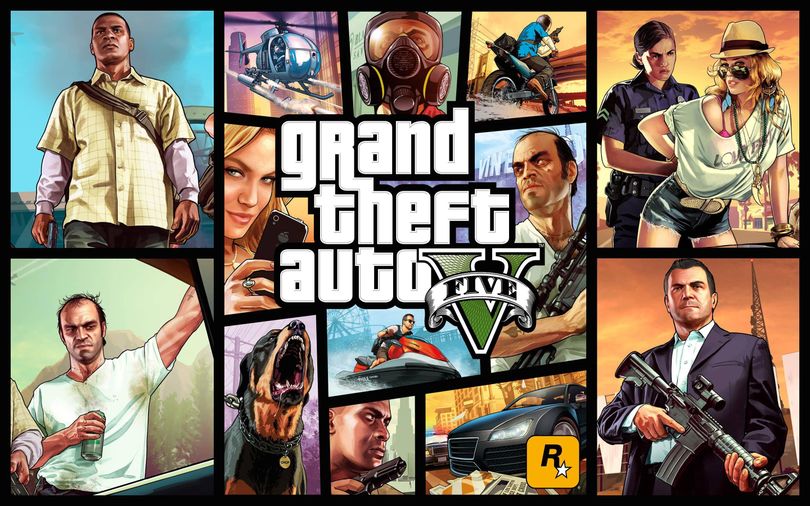My own most important video games of the 2010s list

The Onion’s A.V. Club, embarking on the same end-of-decade nostalgic trek we can expect most media critics to gear up for in these final few months of the 2010s, has released their list of video games they found to be the “most important” of the decade. The writers (there’s no byline) wisely adopted a “not the best, but most signficant” approach to their list, as I find it night impossible to compare a game released in 2010 with one released today. The hardware’s different, new gameplay styles have emerged and while we started the decade mostly continuing to cram in Gamestop for discs, the rise of digital delivery has made the process of buying a video game and playing it much different than it was in the halcyon days of yesteryear.
For the most part, the A.V. Club gets it right here, highlighting titles like “Minecraft” and “Fortnite” that become pop culture catnip beyond just what gamers themselves were talking about each year. But they also whiffed on several major titles, either mentioning them honorably or not at all.
The most egregious example, in this gamer’s view, is “Grand Theft Auto V.” Six years after release, and also following the debut of the brilliant “Red Dead Redemption 2,” Rockstar’s latest installment in its criminal fantasy series continues to appear on top sales charts in the industry. That’s largely due to Rockstar’s commitment to continually releasing new content for the multiplayer suite, GTA: Online, free of charge to customers. Accessing that new content often means spending a bit of real-world cash to unlock the resources to play it, which has ushered in a new way of monetizing games-as-service titles. That’s to say nothing of the character-swapping single player campaign, an innovation that only Rockstar seems capable of pulling off even now, a half decade after its release.
Also missing is Thatgamecompany’s brilliant puzzle title, “Journey.” Released in 2012, the minimalist style of the game and its unconventional approach to multiplayer were unlike anything else released at the time, or since. The idea of the game is simple - go to that place - but getting there is a joy that is rivaled by only very few titles released in the past few years. Without “Journey,” I doubt we’d have “The Witness” or many of the other major indie titles that have taken the world by storm over the past decade.
Which is a great segue into another indie title missing from the list, “Limbo.” Just making the 2010 release date cutoff, Playdead’s platformer used physics puzzles and a monochromatic, minimalist visual style that was less about twitch and more about mood. Ask a dozen players what they remember about the title and all of them will probably give you different answers, which is a testament not only to design but storytelling and player agency achieved, once again, by a smaller player in the industry. If there’s one narrative thread in gaming from this decade I would argue has taken the biggest hold, it’s the rise of the independent developer.
A game that should fit the bill but is absent is “Five Nights at Freddy’s,” which has become the Friday the 13th franchise of the video gaming world over the past five years since its original release in 2014. I agree with the critiques that this is less a game than an excuse for jump-scare videos on social media, but that’s precisely the reason it deserves a spot on the list (see “Minecraft” and “Fortnite” above). The game transcends the cocoon of gaming culture, worming its way into schoolyard banter and techno remixes of its soundtrack. Yes, it’s simple. Yes, it does little in the way of innovating gameplay. But show a picture of those animatronic animals to anyone under the age of 12, and they’ll know who they are. That’s the mark of an important video game.
I could write about this for days, but I’ll include just one more omission that I see on the list. Rocket League. How can you write about the rise of esports without mentioning one of its anchor titles? Blending cars and soccer may now seem like a chocolate and peanut butter combination, but damned if you tried to explain this game to anyone in 2015. If the goal of a transcendent game is to get people who would otherwise have no interest in gaming and have them whooping it up within a few minutes, plop a critic in front of this title and see if they aren’t grinning from ear-to-ear within seconds. If the 2000s was the decade of the Wii making gaming more accessible to millions of players, Rocket League is an extension of that, and should get its proper due for its achievement.
What did I (and the Onion) miss? Let me know what you think by commenting or emailing kiph@spokesman.
